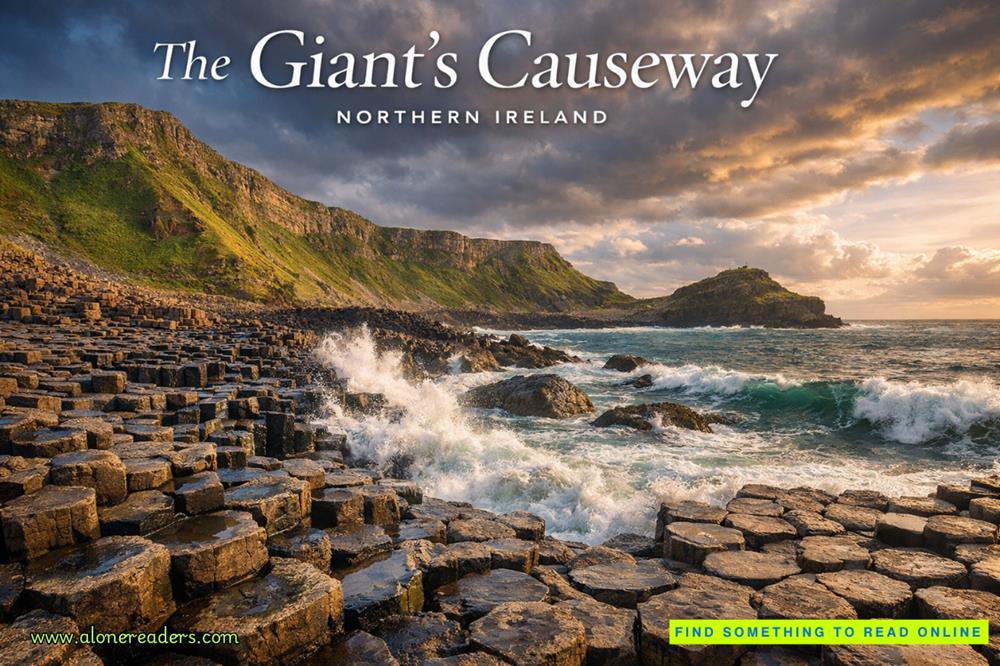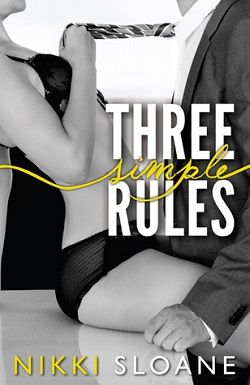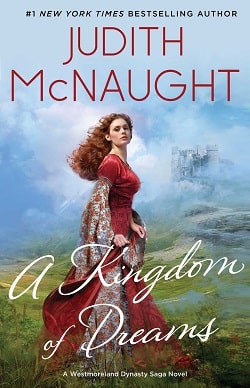Not only had they lost the yard, Edgar realized; they had lost their livelihood. Even if a customer had been willing to order a boat from three apprentices, they had no wood with which to build it, no tools to shape the timber, and no money to buy any of what they needed.
Ma probably had a few silver pennies in her purse, but the family had never had much to spare, and Pa had always used any surplus to buy timber. Good wood was better than silver, he had liked to say, because it was harder to steal.
“We’ve got nothing left, and no way to make a living,” Edgar said. “What on earth are we going to do?”
CHAPTER 2
Saturday, June 19, 997
ishop Wynstan of Shiring reined in his horse at the top of a rise and looked down over Combe. There was not much left of the town: the summer sun shone on a gray wilderness. “It’s worse than I expected,” he said. There were some ships and boats undamaged in the harbor, the only hopeful sign.
His brother Wigelm came alongside and said: “Every Viking should be roasted alive.” He was a thane, a member of the landholding elite. Five years younger than Wynstan at thirty, he was quick to anger.
But this time Wynstan agreed with him. “Over a slow fire,” he said.
Their elder half brother heard them. As was the custom, the brothers had names that sounded alike, and the oldest was Wilfwulf, forty, usually called Wilf. He was ealdorman of Shiring, ruler of a part of the west of England that included Combe. He said: “You’ve never seen a town after a Viking raid. This is how it looks.”
They rode on into the devastated town, followed by a small entourage of armed men. They made an imposing sight, Wynstanknew: three tall men in costly clothes riding fine horses. Wilf had a blue knee-length tunic and leather boots; Wigelm a similar outfit but in red. Wynstan had a plain black ankle-length robe, as appropriate to a priest, but the fabric was finely woven. He also wore a large silver cross on a leather thong around his neck. Each brother had a luxuriant fair mustache but no beard, in the style fashionable among wealthy Englishmen. Wilf and Wigelm had thick fair hair; Wynstan had the top of his head shaved in a tonsure, like all priests. They looked wealthy and important, which they were.
The townspeople were moving disconsolately among the ruins, sifting and digging and making pathetic piles of their recovered possessions: twisted pieces of iron kitchenware, bone combs blackened by fire, cracked cooking pots and ruined tools. Chickens pecked and pigs snuffled, searching for anything edible. There was an unpleasant smell of dead fires, and Wynstan found himself taking shallow breaths.
As the brothers approached, the townspeople looked up at them, faces brightening with hope. Many knew them by sight, and those who had never seen them could tell by their appearance that they were powerful men. Some called out greetings, others cheered and clapped. They all left what they were doing and followed. Surely, the people’s expressions said, such mighty beings would be able to save them somehow?
The brothers reined in at a patch of open ground between the church and the monastery. Boys competed to hold their horses as they dismounted. Prior Ulfric appeared to greet them. There were black smuts in his white hair. “My lords, the town stands in desperate need of your help,” he said. “The people—”
“Wait!” said Wynstan, in a voice that carried to the crowd allaround. His brothers were unsurprised: Wynstan had forewarned them of his intention.
The townspeople fell silent.
Wynstan took the cross from around his neck and held it high over his head, then turned and walked with slow ceremonial steps toward the church.
His brothers came after him, and everyone else followed.
He entered the church and slow-marched up the aisle, noticing the rows of wounded lying on the floor but not turning his head. Those who were able bowed or knelt as he passed, still holding the cross high. He could see more bodies at the far end of the church, but those were dead.
When he reached the altar, he prostrated himself, lying completely still, facedown on the earth floor, his right arm extended toward the altar, holding the cross upright.
He stayed there for a long moment, while the people watched in silence. Then he rose to his knees. He spread his arms in a beseeching gesture and said loudly: “What have we done?”
There was a sound from the crowd like a collective sigh.
“Wherein did we sin?” he declaimed. “Why do we deserve this? Can we be forgiven?”
He went on in the same vein. It was half prayer, half sermon. He needed to explain to the people how what had happened to them was God’s will. The Viking raid had to be seen as punishment for sin.
However, there was practical work to do, and this was only the preliminary ceremony, so he was brief. “As we begin the task of rebuilding our town,” he said in conclusion, “we pledge to redouble our efforts to be devout, humble, God-fearing Christians, in the name of Jesus our Lord. Amen.”
The congregation said: “Amen.”
He stood up and turned, showing his tearstained face to the crowd. He hung the cross around his neck again. “And now, in the sight of God, I call upon my brother, Ealdorman Wilwulf, to hold court.”
Wynstan and Wilf walked side by side down the nave, followed by Wigelm and Ulfric. They went outside and the townspeople followed.
Wilf looked around. “I’ll hold court right here.”
“Very good, my lord,” said Ulfric. He snapped his fingers at a monk. “Bring the great chair.” He turned again to Wilf. “Shall you want ink and parchment, ealdorman?”
Wilf could read but not write. Wynstan could read and write, like most senior clergy. Wigelm was illiterate.















